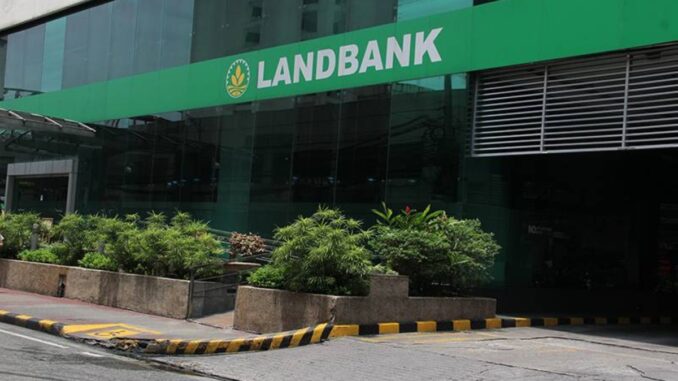
THE country’s two largest state-run banks — Land Bank of the Philippines (LandBank) and Development Bank of the Philippines (DBP) — remain financially sound, a Cabinet official said, amid concerns raised by the International Monetary Fund (IMF) over their hefty contributions to the Maharlika Investment Fund.
“Both state banks have consistently met and exceeded the minimum requirements of the Bangko Sentral ng Pilipinas (BSP) for capital adequacy ratio (CAR), which is a critical benchmark of financial health,” Finance Secretary Ralph Recto said in a statement on Thursday.
He said that as of November 2024, LandBank and DBP had CARs of 16.42 percent and 14.78 percent, respectively, above the required minimum of 10 percent.
The government tapped the two banks to capitalize the Maharlika Investment Fund, with LandBank ponying up P50 billion and DBP P25 billion.
This alarmed the IMF, which in its 2024 country report released last month warned of potential risks to the financial system if capital restoration plans were not promptly enacted.
Recto, however, said the banks were on “solid financial footing,” which “allows them to continuously adhere to prudent financial management practices and effectively utilize their resources to deliver more support to Filipinos, especially in key sectors like infrastructure, agriculture, fisheries, micro, small and medium enterprises, and many more.”
LandBank President and CEO Lynette Ortiz also said: “Our robust financial health and consistent revenue growth empower us to fulfill our mandate, serving as a dependable partner in the national government’s inclusive development agenda.”
DBP President and CEO Michael de Jesus, for his part, said the institution remained “financially strong and more than capable to support President Ferdinand Marcos Jr.’s 10-point economic agenda while pursuing our mandate and serving the needs of our clients and stakeholders with passion and conviction.”
To further bolster the financial strength of the state banks, Recto said that the government was pushing for Congressional approval of amendments to their charters.
Key proposals include enabling the banks to raise capital through share offerings and increasing their authorized capital stock.
“Additionally, the proposed amendments to LandBank’s charter include a provision to streamline the bond issuance process, similar to that of DBP,” Recto said.
“This change would allow the banks to access capital more efficiently, reducing their reliance on national government support or dividend relief.”


Be the first to comment